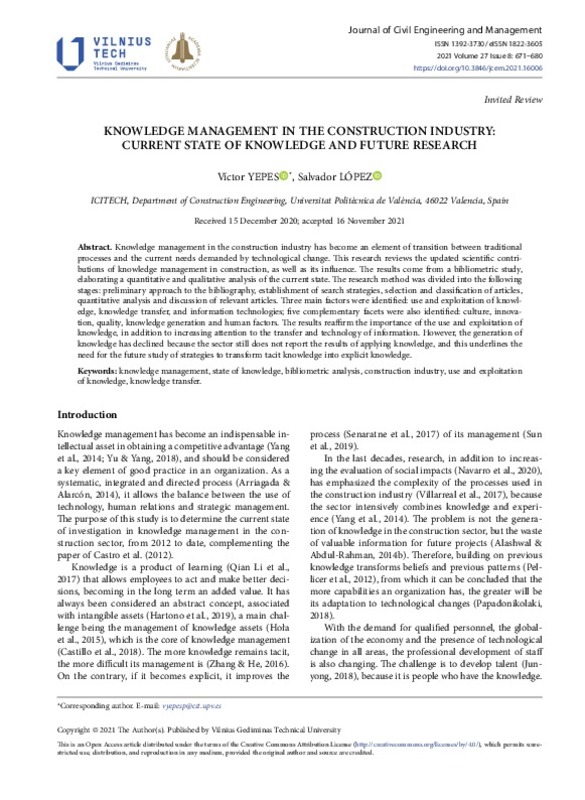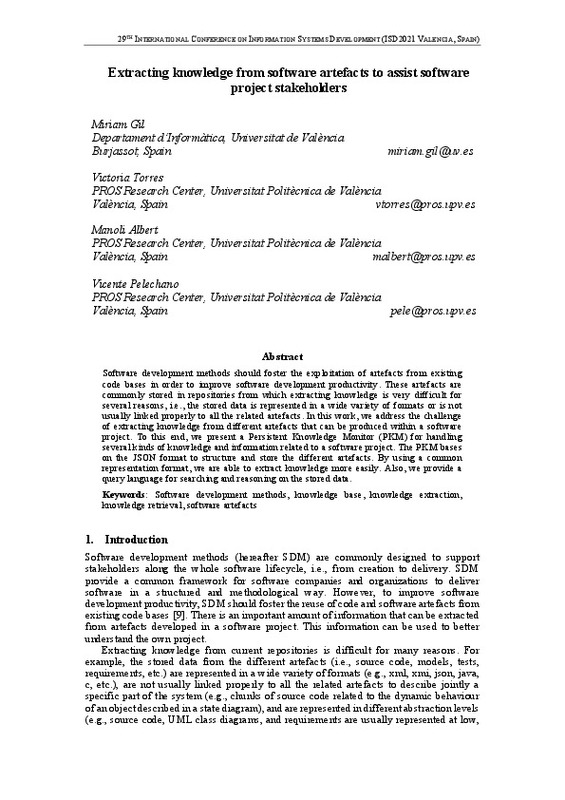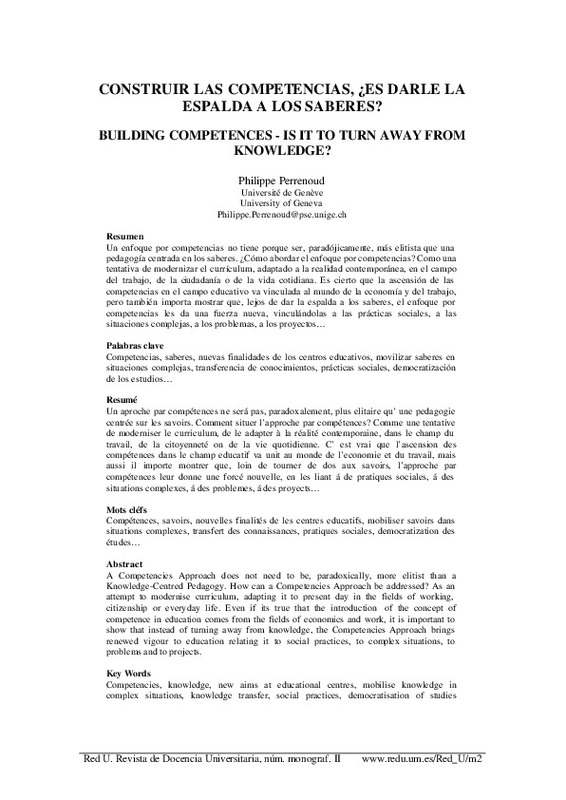Baggio, R., & Cooper, C. (2010). Knowledge transfer in a tourism destination: the effects of a network structure. The Service Industries Journal, 30(10), 1757-1771. doi:10.1080/02642060903580649
Boisot, M., & Child, J. (1999). Organizations as Adaptive Systems in Complex Environments: The Case of China. Organization Science, 10(3), 237-252. doi:10.1287/orsc.10.3.237
Child, J. (1997). Strategic Choice in the Analysis of Action, Structure, Organizations and Environment: Retrospect and Prospect. Organization Studies, 18(1), 43-76. doi:10.1177/017084069701800104
[+]
Baggio, R., & Cooper, C. (2010). Knowledge transfer in a tourism destination: the effects of a network structure. The Service Industries Journal, 30(10), 1757-1771. doi:10.1080/02642060903580649
Boisot, M., & Child, J. (1999). Organizations as Adaptive Systems in Complex Environments: The Case of China. Organization Science, 10(3), 237-252. doi:10.1287/orsc.10.3.237
Child, J. (1997). Strategic Choice in the Analysis of Action, Structure, Organizations and Environment: Retrospect and Prospect. Organization Studies, 18(1), 43-76. doi:10.1177/017084069701800104
Crossan, M.M., Lane, H.W. and White, R.E. (1999), “An organizational learning framework: from intuition to institution”, Academy of Management Review, Vol. 24 No. 3, pp. 522‐37.
Fama, E. F., & Jensen, M. C. (1983). Separation of Ownership and Control. The Journal of Law and Economics, 26(2), 301-325. doi:10.1086/467037
Fama, E. F., & Jensen, M. C. (1983). Agency Problems and Residual Claims. The Journal of Law and Economics, 26(2), 327-349. doi:10.1086/467038
Hambrick, D. C. (2007). Upper Echelons Theory: An Update. Academy of Management Review, 32(2), 334-343. doi:10.5465/amr.2007.24345254
Hansen, M. T. (2002). Knowledge Networks: Explaining Effective Knowledge Sharing in Multiunit Companies. Organization Science, 13(3), 232-248. doi:10.1287/orsc.13.3.232.2771
Hayek, F.A. (1945), “The use of knowledge in society”, American Economic Review, Vol. 35 No. 4, pp. 1‐18.
Hedlund, G. (2007). A model of knowledge management and the N-form corporation. Strategic Management Journal, 15(S2), 73-90. doi:10.1002/smj.4250151006
McLeod, M. T., Vaughan, D. R., & Edwards, J. (2010). Knowledge networks in the tourism sector of the Bournemouth, Poole, and Christchurch conurbation: preliminary analysis. The Service Industries Journal, 30(10), 1651-1667. doi:10.1080/02642060903580664
Martinez-Fernandez, C. (2009). Knowledge-intensive service activities in the success of the Australian mining industry. The Service Industries Journal, 30(1), 55-70. doi:10.1080/02642060802317820
Mir, R., & Watson, A. (2000). Strategic management and the philosophy of science: the case for a constructivist methodology. Strategic Management Journal, 21(9), 941-953. doi:10.1002/1097-0266(200009)21:9<941::aid-smj141>3.0.co;2-d
Nonaka, I. (1991), “The knowledge‐creating company”, Harvard Business Review, November/December, pp. 96‐104.
Nonaka, I., & Konno, N. (1998). The Concept of «Ba»: Building a Foundation for Knowledge Creation. California Management Review, 40(3), 40-54. doi:10.2307/41165942
Pechlaner, H., & Bachinger, M. (2010). Knowledge networks of innovative businesses: an explorative study in the region of Ingolstadt. The Service Industries Journal, 30(10), 1737-1756. doi:10.1080/02642060903580722
Perrow, C. (1967). A Framework for the Comparative Analysis of Organizations. American Sociological Review, 32(2), 194. doi:10.2307/2091811
Prahalad, C. K., & Bettis, R. A. (1986). The dominant logic: A new linkage between diversity and performance. Strategic Management Journal, 7(6), 485-501. doi:10.1002/smj.4250070602
Prahalad, C.K. and Hamel, G. (1990), “The core competence of the corporation”, Harvard Business Review, Vol. 68 No. 3, pp. 79‐91.
Spender, J.-C. (1996). Making knowledge the basis of a dynamic theory of the firm. Strategic Management Journal, 17(S2), 45-62. doi:10.1002/smj.4250171106
Spender, J. C. (2007). Data, meaning and practice: how the knowledge-based view can clarify technology’s relationship with organisations. International Journal of Technology Management, 38(1/2), 178. doi:10.1504/ijtm.2007.012435
Spender, J.-C. (2008). Organizational Learning and Knowledge Management: Whence and Whither? Management Learning, 39(2), 159-176. doi:10.1177/1350507607087582
Tolstoy, D. (2010). Knowledge combination in networks: evidence from the international venturing of four small biotech firms. International Entrepreneurship and Management Journal, 6(2), 183-202. doi:10.1007/s11365-010-0148-x
Tsoukas, H. (1996). The firm as a distributed knowledge system: A constructionist approach. Strategic Management Journal, 17(S2), 11-25. doi:10.1002/smj.4250171104
Viljamaa, A., Kolehmainen, J., & Kuusisto, J. (2009). For and against? An exploration of inadvertent influences of policies on KIBS industries in the Finnish policy setting. The Service Industries Journal, 30(1), 71-84. doi:10.1080/02642060802238513
Weick, K. E., & Roberts, K. H. (1993). Collective Mind in Organizations: Heedful Interrelating on Flight Decks. Administrative Science Quarterly, 38(3), 357. doi:10.2307/2393372
Yin, X., & Zajac, E. J. (2004). The strategy/governance structure fit relationship: theory and evidence in franchising arrangements. Strategic Management Journal, 25(4), 365-383. doi:10.1002/smj.389
Alchian, A.A. and Demsetz, H. (1972), “Production, information cost and economic organization”, American Economic Review, Vol. 62 No. 5, pp. 777‐95.
Nonaka, I. (1994). A Dynamic Theory of Organizational Knowledge Creation. Organization Science, 5(1), 14-37. doi:10.1287/orsc.5.1.14
[-]






![[Cerrado]](/themes/UPV/images/candado.png)





